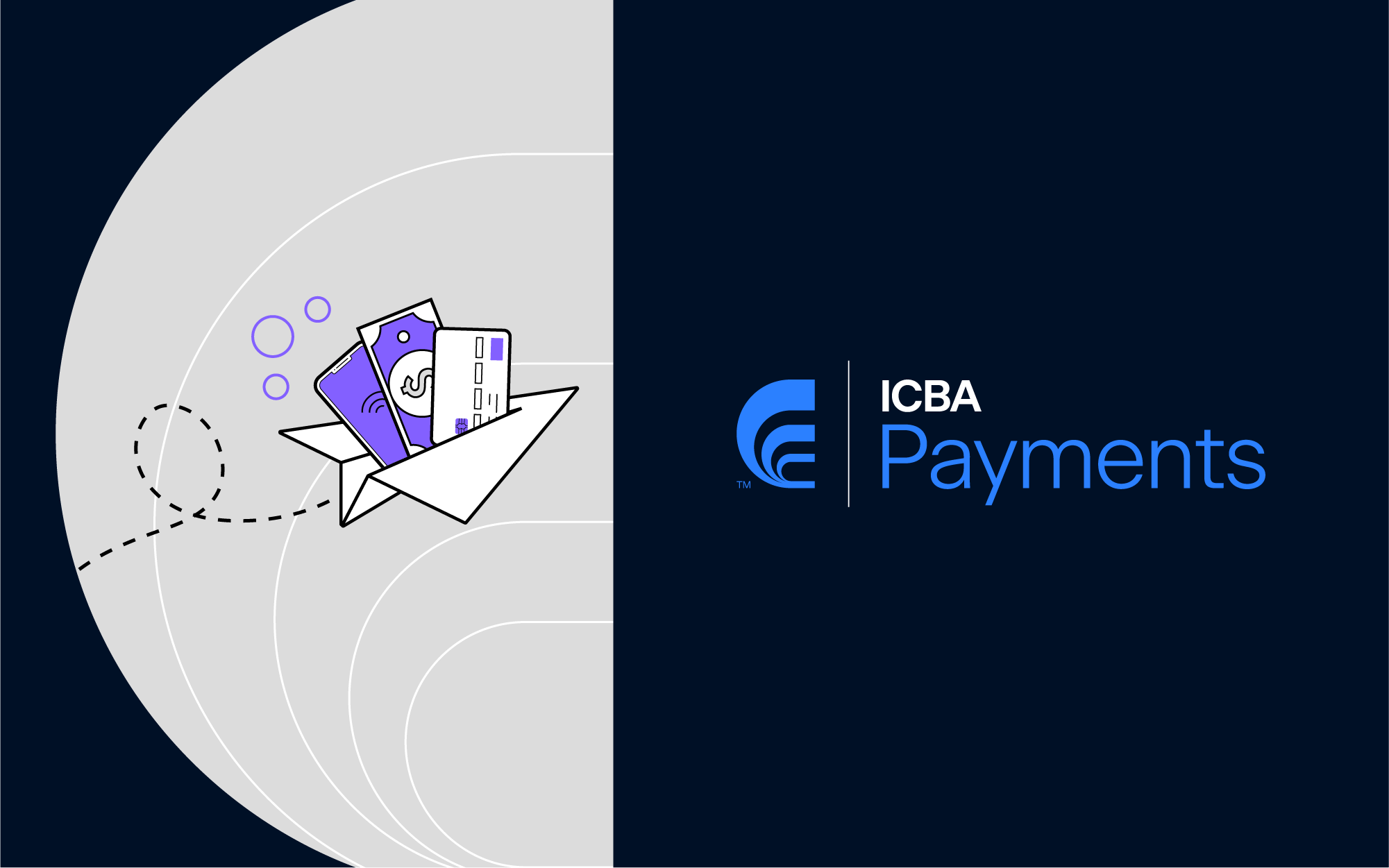When Chad King, director of business services at $3.5 billion-asset First State Community Bank in Farmington, Mo., came to the bank nearly a decade ago, they charged him with setting up merchant services, quickly followed by a commercial card program.
“On the heels of a successful merchant program launch, we were looking at other non-interest income opportunities,” he recalled. “The commercial card program was the next step in our journey of building a payments and treasury management area.”
But entering this unfamiliar territory led to a stream of decision points. From how much to outsource to how to select the right vendors, King weathered a long road to launch.
“We worked with ICBA Bancard on recommendations, but I was new enough to banking that we didn’t utilize other banks’ references like we could have. It was a true learning process on our end, where we had to build before we launched the program.”
Part of those building blocks included establishing the right risk tolerance for their bank.
“It’s a big jump to get in and own the liability and risk,” King summed up. “You have to be prepared and know your risk tolerance. Fraud hits can scare you away from the program. You just have to be comfortable with it before you get in.”
Another key checkpoint came in identifying specific use cases for their commercial cards. King recalled one customer who pulled out 18 different cards, each with a different interest rate, rebate opportunity, and payment due date. The business owner was having difficulties keeping track of the cards and payment dates, and inevitably made late payments, which offset any rebate received. King helped the business owner realize that the bank’s card program was robust enough to meet his needs and allow him to consolidate his cards.
“By asking what their pain points were, we were able to help relieve issues with cash flow, limiting their need to use debit cards and write checks for large expenditures. They only had to write one large check at the end of the month, and they could plan for it.”
While this example illustrates the need to build the program to suit the customer, King realized that with its diverse business clientele ranging from trucking companies to school systems, municipalities, and even mom-and-pop storefronts, First State Community Bank needed a program that could respond to a wide variety of pain points. That goal translated to having multiple bank identification numbers (BINs), customized to identify small business, commercial, and fleet cards.
Looking back, King recognized that it was a long road to the program’s launch, but one he would repeat—with one important caveat: “The best thing to do is talk to other community banks, say, ‘We’re kicking the tires on a commercial credit card program,’ and see what they say.”
King’s advice to other community banks: “Gain wisdom from other banks’ experiences rather than figuring it out on your own.”





